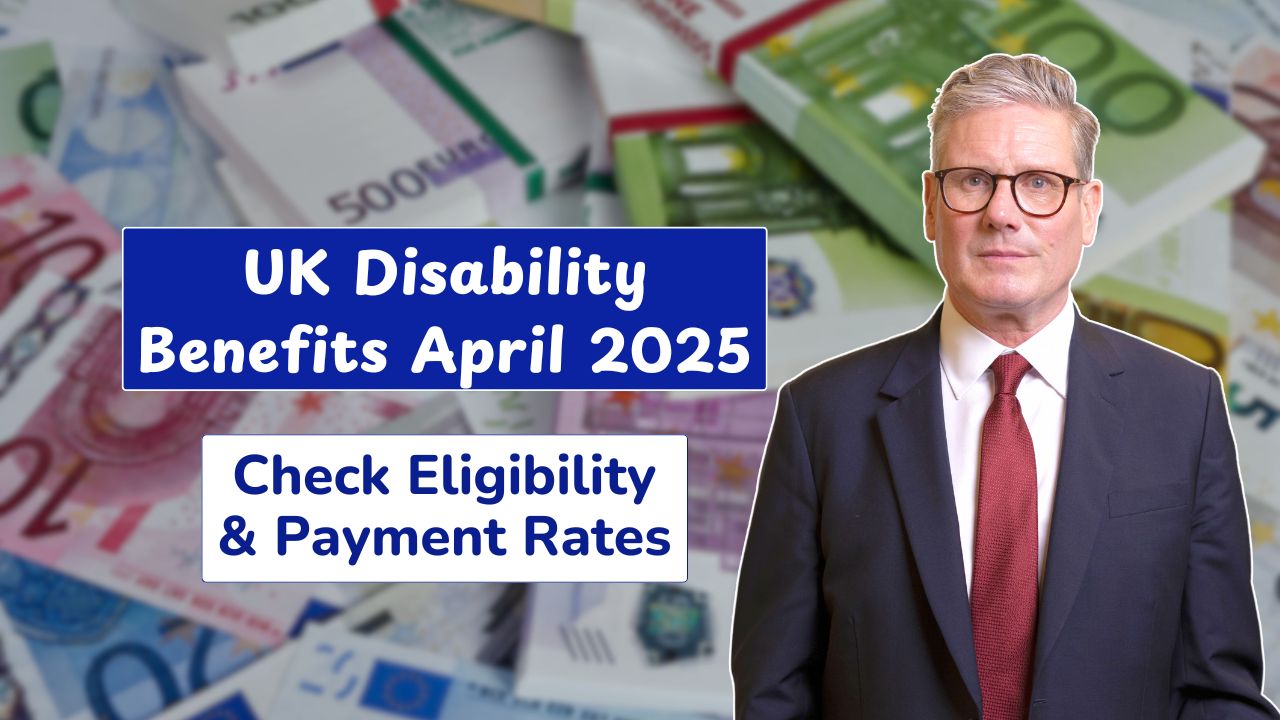Universal Credit has seen significant changes in 2024, with an emphasis on supporting claimants amid rising living costs. This article delves into the updates on Universal Credit, including important dates, eligibility criteria, payment amounts, and potential future increases.
In April 2024, UK benefits experienced a 6.7% increase to help claimants cope with inflation. However, the timing of this adjustment has led to confusion and frustration among recipients, as the cost of living continues to rise. Advocacy groups and charities stress the need for more timely and substantial support for Universal Credit claimants.
Table of Contents
Issues
Advocacy groups argue that the current system, despite its flexibility, often leaves the most vulnerable in precarious situations, struggling to afford essential items. Organizations like the Joseph Rowntree Foundation and Big Issue, supported by over 100 other groups, advocate for guaranteed essentials to be included in Universal Credit. This guarantee would ensure that recipients can afford basic necessities, providing a more secure and adequate level of financial support.
Dates
Universal Credit operates on a monthly assessment period, unlike other benefits. Payments are calculated and disbursed monthly. For example, the assessment period starting on 26 March and ending on 25 April determines the payment received on 2 May. This delay has left many recipients wondering why the increase took so long to take effect. While some beneficiaries have seen the new rates promptly, others will start noticing changes in their bank accounts by July.
Eligibility
To receive the new rates of Universal Credit, claimants must meet specific criteria:
- Applicants must be UK residents.
- Individuals with low income struggling to meet basic needs are entitled to Universal Credit.
- Claimants must be at least 18 years old and below the State Pension Age (66 years).
- Those who are unemployed, working, or unable to work due to severe disability or illness are eligible.
- Income and assets must be below £16,000 to qualify.
If unsure about eligibility, individuals can use the benefits calculator tool on the UK Government’s official portal.
Amount
The Department for Work and Pensions (DWP) has called for a reconsideration of the timing and administration of payments to ensure quicker adjustments for those in need. Claimants are expected to receive new rates, with a £470 increase, in the upcoming month.
However, automatic deductions by the DWP, which can result in recipients losing over one billion pounds annually, reduce the actual support received. Advocacy groups continue to push for more substantial and immediate adjustments to ensure that all recipients can adequately cover their living expenses.
Possible Increase
As claimants adjust to the new rates, there is a growing call for further increases in Universal Credit to better align with living costs. The 6.7% increase was based on the inflation rate in September, but ongoing economic pressures suggest this is insufficient. According to the Joseph Rowntree Foundation, the standard allowance for individuals aged 25 and over is about £30 per week, or £120 less per month than required to cover basic expenses.
In July 2024, individuals seeking additional support can look into several avenues, such as charitable organizations, local councils, and community groups that provide supplemental aid like food banks and financial counseling. These resources play a crucial role in bridging the gaps until the new benefit rates fully take effect. It is essential for recipients to stay informed about their entitlements and seek available resources to help manage their finances during this transitional period.
Staying updated on Universal Credit changes and knowing eligibility and support options can help claimants navigate these challenging times more effectively.
FAQs
When will the new rates take effect?
Some will see changes by July 2024.
Who is eligible for Universal Credit?
UK residents with low income, aged 18-66.
What is the new Universal Credit amount?
An increase of £470 is expected.
How are Universal Credit payments calculated?
Payments are based on a monthly assessment period.
Where can I find additional support?
Charities, local councils, and community groups offer aid.








